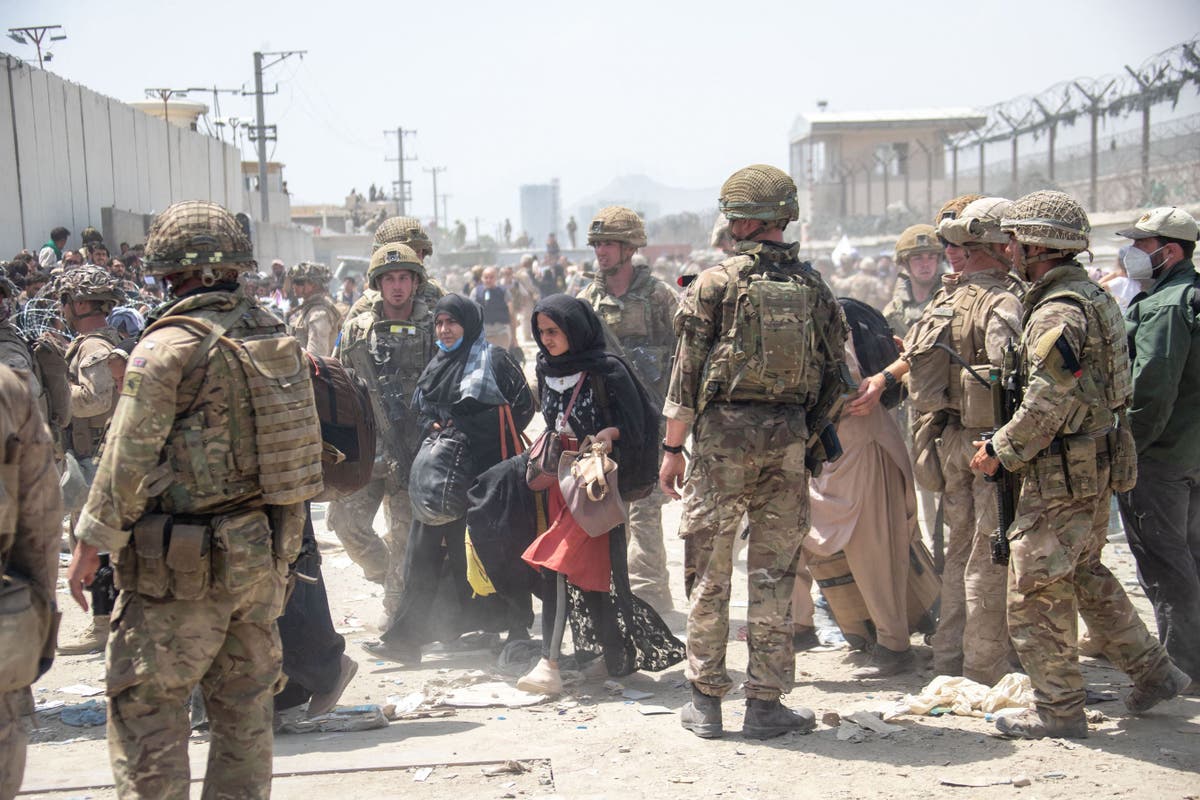
Pakistan’s coastal town Gwadar faced anger of people from all the parties and fishermen and member of civil society against government, they blocked roads and burnet public owned things to express their anger.
On August 17, a strike was called by the protestors. Although the strike was peaceful, the district administration tried to prevent it by force. This resulted in an altercation with the protestors; two of the protesters were injured. Chief Minister Jam Kamal and some government officials had to visit Gwadar later to hear the grievances of the local populace.
This series of protests was the culmination of people’s anger against the government. The citizens were protesting against the lack of water and electricity supplies as well as illegal fishing in the sea next to Gwadar, where most of the people depend on fishing for their livelihood.
The Makran division of Balochistan, which includes Gwadar, is not connected to the national electric grid. The electricity supply to this region comes from Iran. Iran used to supply 100 MW of electricity but this summer it reduced it to 10-20 MW. This resulted in load shedding. A 300 MW power plant is to be built in Gwadar under the CPEC; but so far, the construction work has not even started. The project will take at least three years to complete.
“We have only 9-10 hours of electricity in Gwadar during the peak summer. This is creating huge inconvenience for the people,” says Nasir Sohrabi, the president of Gwadar’s Rural Community Development Council. He adds that water supply problems are adding to the woes of the people. “All the nearby dams are full of water but there are problems in the supply network and lack of electricity which results in water shortages in Gwadar,” Sohrabi tells The News on Sunday (TNS).
Another major cause of protests is fishing by illegal trawlers. The fishing-dependent community of Gwadar has protested against these trawlers for many years. “Illegal trawlers from Sindh come for fishing near Gwadar and they fish in an exploitative manner. Killing the entire species of fish,” Sohrabi says.
Recently, five Chinese fishing trawlers were parked at Gwadar port. This generated a wave of anger and ignited protests which gathered momentum by the third week of August. “The Chinese trawlers were let go because the government claimed that they had not engaged in fishing near Gwadar,” Sohrabi tells this scribe.
Maryam Suleman is a writer from Gwadar and currently a Chevening Scholar at the University of Sussex. She believes that the problems of water, electricity, and illegal fishing are not new. Only the anger is.
“There has been some development in certain areas of Gwadar near the port but not in the neighborhoods where the native people live. This has made the people angrier,” she tells TNS. She adds that local people have little trust in the government. Now they have started feeling that the outsiders will dominate the economy and they will be marginalised completely.
The protests in Gwadar have gained popularity because it’s the only way to get the government to listen to the people. There are at least two instances in which the government was forced to make major changes in Gwadar after popular protests. “In the 2005 masterplan of Gwadar the residential areas were not included for development. They were supposed to be demolished. Later, the government included them in the new master plan after protests by the people,” says Suleman. She adds that likewise access points and breakwater for fishermen in Eastbay Expressway were only agreed by the government after locals protested.
Also, Maulana Hidayat ur Rehman; the provincial general secretary of Jamaat-i-Islami, blocked the coastal highway at Surbandar. These protests continued for two days and the Gwadar town was disconnected from the country in terms of road travel. This protest was also linked to the municipal problems of Surbandar town, which is situated 30 kilometres east of Gwadar port. There was an unfortunate terrorist attack on the Chinese in Gwadar on August 21 and that resulted in reducing the intensity of the protests.
Due to the never-ending protests, the district administration has issued an order allowing protest demonstration outside Gwadar Press Club and at Sorag Dil football ground. The district administration has claimed that frequent protests on main roads of the town were impeding the development process. However, the District Football Association of Gwadar disagrees with the use Sorag Dil ground for protests as it’s the only place for footballers. A citizens’ group recently protested on Airport Road, showing that they did not take the order from the district administration seriously.
The protests in Gwadar got a lot of attention in the Western press. The Chinese English-language publication, Global Times, called that a smear campaign against the Belt and Road projects in Pakistan. The Global Times report tried to delink the protests in Gwadar from the China-Pakistan Economic Corridor. The report claimed that China had nothing to do with the problems in Gwadar that were triggering the protests.
Sohrabi says the resentment of the people of Gwadar needs to be understood. “Since 2002, the government has claimed that Gwadar port will attract foreign investment and Gwadar will become a megacity like Dubai and Singapore,” he says. He adds that the government has over-sold the CPEC and Gwadar port. So far, there has been no improvement in the lives of the locals which they resent.
Suleman emphasises that the people of Gwadar are not against development, they only do not want to be left out in the process.
“In each of the protests, fishing community leaders reiterate that they are not against development, what they are angry about is the development that leaves them behind,” she says.
Therefore, the need of the times is to address the concerns of the people of Gwadar and provide them with the basic necessities of life so that they can wholeheartedly support the CPEC enterprise.






